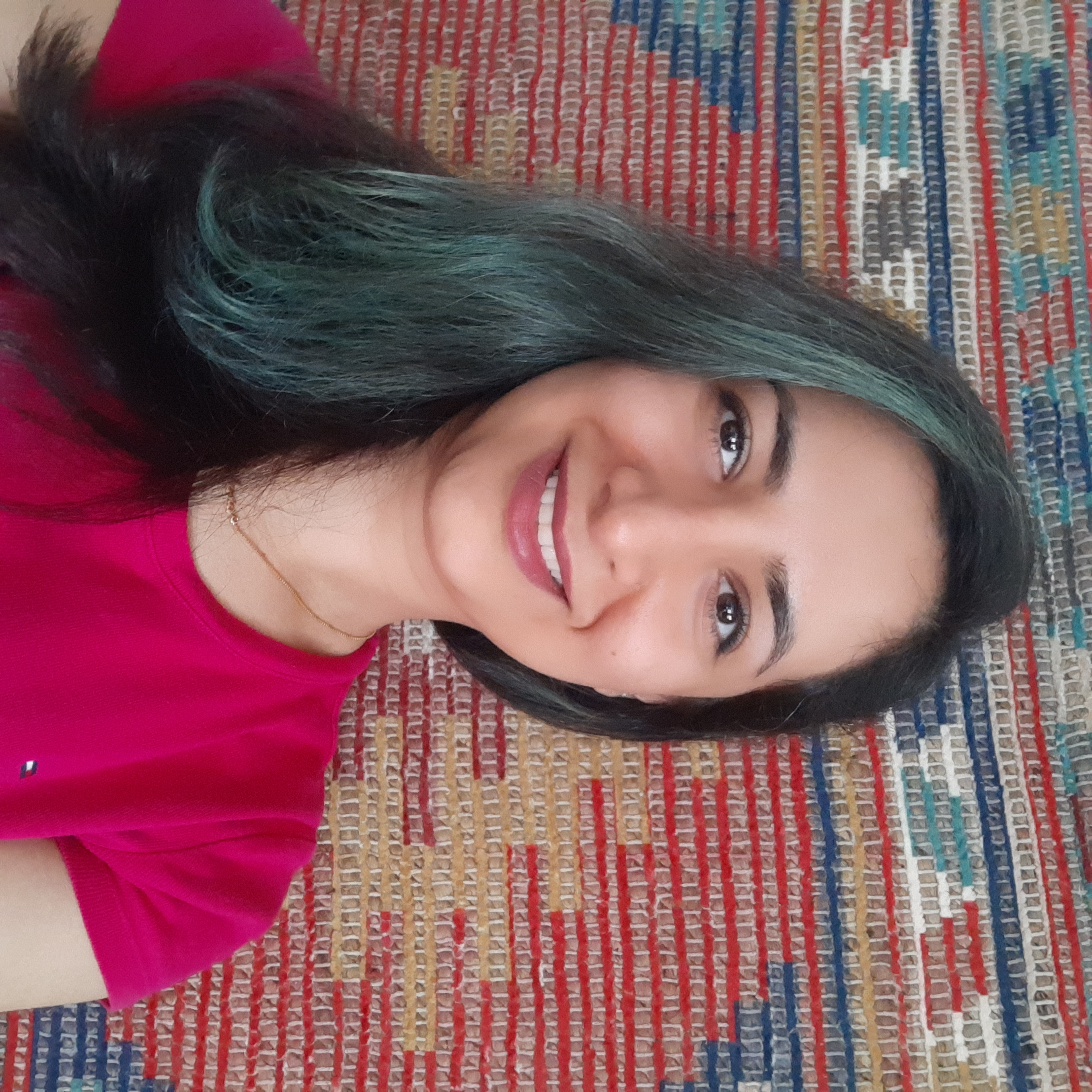Golara Golbaghi
Golara Golbaghi
Ph.D. Biology, 2020
Associate Scientist at Turnstone Biologics

“The most important lesson I learned while studying at INRS is to always think outside the box. If a project doesn’t work, there is usually a way to look at it from a new angle. Negative results can open new doors.”
Golara Golbaghi has always been interested in science, particularly chemistry and biology. She naturally followed this path and obtained a master’s degree in inorganic chemistry from the Sharif University of Technology in Tehran. Her passion for biology led her to choose INRS and to undertake a PhD under the direction of Professor Annie Castonguay of the Centre Armand-Frappier Santé et Biotechnologie. “One of my main motivations was the exciting research topic that encompassed both chemistry and biology,” Golara recalls. She considers that this decision offered her many opportunities. “Being a PhD student in biology with previous research experience in chemistry, I was able to expand my knowledge and broaden my horizons.”
Ms. Golbaghi also remembers the collaborative work that was very much encouraged. She was particularly impressed by the culture of collaboration between students and professors at INRS. She quickly felt encouraged to work with other research groups. “The most important lesson I learned during my studies at INRS is to always think outside the box. If a project doesn't work, there is usually a way to look at it from a new perspective. I also learned that negative results could open new doors to further improve my research.” She goes on to add, “I also think that collaborations can bring a lot of value to your research, because they make you think about your projects from a different angle.”
Another valuable memory was having the opportunity to mentor undergraduate and master's students who came to Québec for summer internships. “These opportunities helped me greatly to improve my organizational leadership skills. Not only were they great opportunities to meet students from different countries and learn about their culture, but also to learn how to train them in the lab under the supervision of my supervisor. I made several friends during these projects, with whom I am still in touch.’’
She concludes that “INRS is an ideal multicultural university for international students who wish to pursue their graduate studies. The Institute is known for the excellence of its research programmes. I really enjoyed doing my graduate studies in a multidisciplinary research group to explore and learn different techniques while engaging in various projects.” According to her, Professor Castonguay's research program was a great way to broaden her education. “When I started my PhD programme, I had no experience working with biological matrices and techniques. I had the opportunity to be trained by excellent biologists on campus and was soon able to manage all the biological experiments independently. I think it is important to learn as many techniques as possible during your graduate studies. Knowledge of analytical tools is not only very important for your graduate studies, but it will also be very useful if you want to join the industry after graduation.”
Golara Golbaghi is currently working as an Analytical Development Scientist at Turnstone Biologics in Ottawa, Ontario, where she is applying her knowledge and experience to the development of cancer immunotherapies. She adds, “I am continuing my scientific journey by learning new skills and passing on the knowledge I have gained to others. With breast cancer accounting for the greatest number of new cases in women every year worldwide, I hope that I can use my academic knowledge and industrial experience and that the results I have obtained in my doctoral research can help scientists to develop effective and safe treatments for this type of cancer and improve the lives of cancer patients.”
